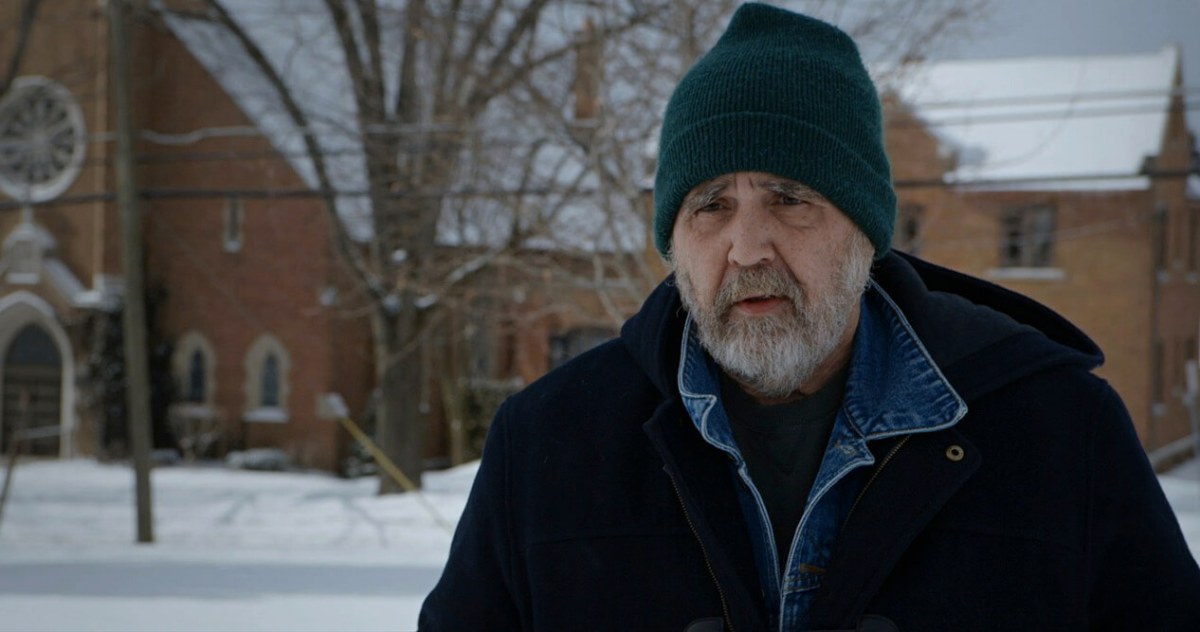‘Call Me Lucky’ There are three main things you should know about Barry Crimmins: He’s a comic’s comic, a legend who mentored a host of them in the ’80s Boston scene; he’s very “political,” which is to say an outspoken progressive who rails against casual sexists and homophobes who plague the world’s cut-up stages; and he’s a victim of child sexual abuse who has advocated for better understanding of the issue. These are all interwoven. His act tends to find him speaking his concerns directly, through a grouchy patois that can often be inherently funny. The same drive that gets him on stage, railing against often conservative targets (or ineffectual lefties), is the same impulse that gets him to take on those who would protect those who commit sexual assault. It’s part of what has saved him from a darker life — and also what provides the film with its grim-optimistic title. RELATED: Bobcat Goldthwait and Barry Crimmins on “Call Me Lucky” and the illiteracy of the NRA In “Call Me Lucky,” the doc on Crimmins’ life, these aren’t interwoven. The abuse part of the story is held till the second half, the first being a rollicking account of his standup career. Bobcat Goldthwait was one of Crimmins’ mentees, and now his chronicler, making him the subject of his latest film. Keeping that section separate makes it seem in part like a mere twist, but it also means it treats the subject with the respect and delicacy it requires. Crimmins didn’t talk about his past openly until later in life, and only went public when he discovered AOL, in its infancy, had become a hotspot for pedophiles, who terrorized chat rooms while racking up huge bills at a time when one paid for Internet access by the hour. “Call Me Lucky” is extension of this advocacy, and a call to arms itself. It’s also a continuation of Goldthwait’s unique interests. Like “World’s Greatest Dad” and “God Bless America,” its hero is a malcontent ultimately driven by his belief is human potential, often wasted though it may be.
Director: Bobcat Goldthwait
Genre: Documentary
Rating: NR
3 (out of 5) Globes
‘Call Me Lucky’ tells of the multifaceted comic Barry Crimmins

MPI Media Group
Follow Matt Prigge on Twitter @mattprigge


















